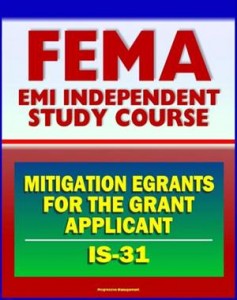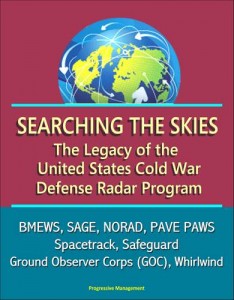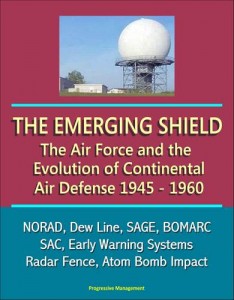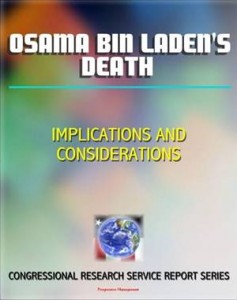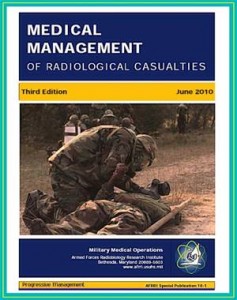Professionally converted for accurate flowing-text e-book format reproduction, this NASA book documents the historical R&D program of NASA by focusing on flight research. One of the most important, but under-appreciated, aspects of the NACA/NASA mission is its aeronautical R&D efforts. Within a short time of the first flight of the Wright brothers in 1903, the United States government recognized the importance of fostering development in the new and critical field of aeronautics. NASAs predecessor, the National Advisory Committee for Aeronautics (NACA), was chartered by Congress in 1915 specifically "to supervise and direct the scientific study of the problems of flight, with a view to their practical solution." This became an enormously important government research and development activity for the next half century, materially enhancing the development of aeronautics in America. The results of the NACAs research appeared in more than 16,000 research reports of one type or another, distributed widely for the benefit of all. Many of the reports documenting R&D conducted under NACA auspices are still being used today. Since the creation of NASA in 1958, the critical R&D function has continued but is not well known.Chapter 1 - Early Flight Research * Chapter 2 - Flight Research Takes Off * Chapter 3 - Necessary Refinements: Flying Qualities Research * Chapter 4 - First Among Equals: Supersonic Flight * Chapter 5 - A Leap Out of Water: The Research Airplane Program * Chapter 6 - Slower and Cheaper: Lifting Bodies Flight Research * Chapter 7 - A Tighter Focus: The Pursuit of Practical Projects * Chapter 8 - New DirectionsSeparating the Real From the Imagined relates the history of flight research practiced from 1915 to 1998 by the National Advisory Committee for Aeronautics (NACA) and its successor, the National Aeronautics and Space Administration (NASA). While it covers many subjects, it is not a comprehensive, exhaustive, or encyclopedic treatment.. Rather, it represents a selective overview in which projects illustrative of an era, of pivotal technologies, or of advances in the art of flight research itself receive most of the coverage. Its overall intent is to emphasize some of the major themes, events, and accomplishments in this sometimes misunderstood field of aeronautics, to provide historical perspective about the development of the discipline, and to demonstrate the ways in which it contributed not just to the design and improvement of aircraft, but to that of spacecraft as well.Despite the unquestioned necessity of human hands and minds to guide research aircraft, in this volume the historic definition of flight research does not center on the role and actions of pilots. During the more than 80 years of the NACA and NASA flight research, aviators enjoyed a crucial, but not necessarily a marquee position in the pursuit of aeronautical knowledge. Rarely did the "kick the tires, light the fires" mentality prevail. Regardless of the images propagated by newspapers, by magazines, and even by celebrated books like The Right Stuff, caution and restraint characterized the behavior even of those flying such high performance, high profile aircraft as the X-15. The men, and later the women at the controls of the NACA and NASA aircraft-usually referred to as engineering pilots or research pilots-cultivated a sense of commitment, yet at the same time detachment toward their jobs.
Separating the real from the imagined: flight
Sobre
Talvez você seja redirecionado para outro site

